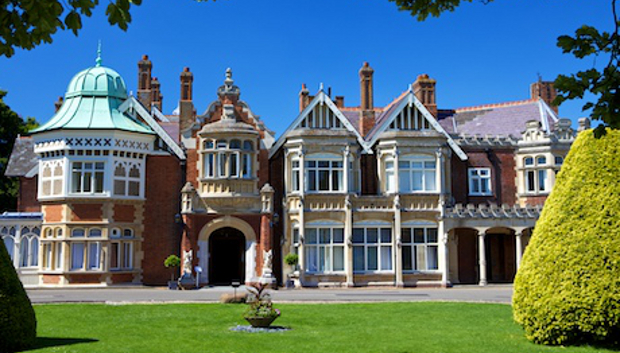
Will the AI summit be backed up by cold, hard cash?
Elon Musk’s blather about a workless – or is that jobless – future has, of course, dominated the headlines that came out of the British government’s international summit on safety in artificial intelligence (AI), held this week at the historic Bletchley Park site in Buckinghamshire. Look beyond the robotic dreams of the automotive tycoon, though, and there are a few more interesting things to consider.
For a start, while the EU is pushing forward with tough risk-based regulation in the form of the Artificial Intelligence Act (AI Act) it is well known that the UK plans a light touch regime. It is interesting, then, that the summit was pitched as one on safety.
Then there is the, not unrelated, matter of geopolitics. Speaking in June, British prime minister Rishi Sunak has said he wants the UK to be a global hub for AI, including for its regulation. “I want to make the UK not just the intellectual home, but the geographical home of global AI safety regulation,” newswire Reuters reported.
In fact, if this week’s summit was about anything, it was about geopolitics.
The Guardian described the event as the UK pulling off a “diplomatic coup”, despite high-profile absences including US president Joe Biden and France’s Emmanuel Macron. So was it one? Perhaps.
Hosting the summit at Bletchley Park, the location where the wartime code-breaking Colossus computer was built by post office engineer Tommy Flowers, was presumably meant to telegraph Britain’s storied history in computing. For my money though, it just makes it seem as though the country is steeped in nostalgia (a recently announced new supercomputer to be built at the University of Bristol being named after nineteenth century engineer Isambard Kingdom Brunel hits the same bum note).
More to the point, though, despite the presence of the likes of European Commission president Ursula von der Leyen, what was most striking about the summit was that it underscored that the US is leading the world in AI, as it does in technology in general.
True, there are known to be 600 AI start-ups in France and at least 334 in the UK (probably more, as there are no official statistics on these things) but the fact remains that, in AI as elsewhere in technology, Europe has fallen behind.
Readers will have to forgive my constant banging of this drum, but US giants Microsoft, Google, Apple, Facebook and Amazon lead the space – and China is in second place, not Europe. Statistics published by the French ministry of finance note that 2022 saw the United States invest €50 billion in AI and China €10 billion. The EU as a whole spent €5 billion, it said.
Data from the Organisation for Economic Co-operation and Development (OECD) is similar: the UK is in third place in the AI race, investing the equivalent of US$7.1 billion (approx. €6.67 billion) invested in AI start-ups, well behind the leaders but still far ahead of Germany (approx. €3.48 billion) or France (approx. €2.63 billion).
Speaking in October, French finance minister Bruno Le Maire said he was “delighted that Europe is waking up” to digital sovereignty. Let’s hope it is.






Subscribers 0
Fans 0
Followers 0
Followers